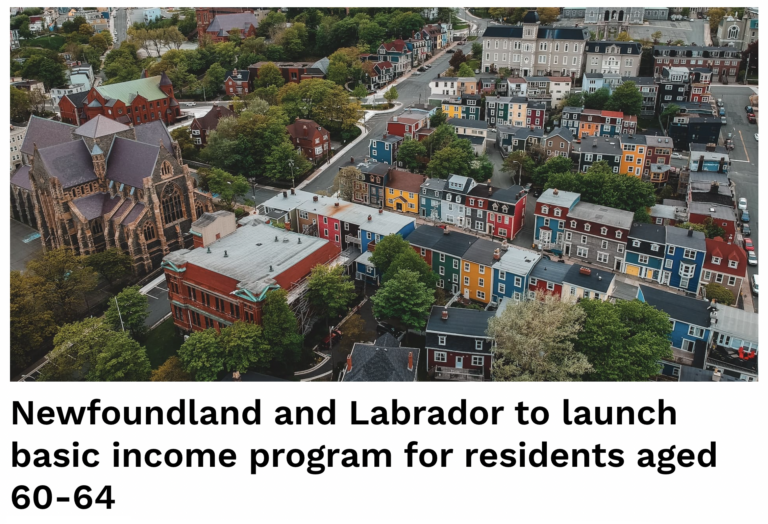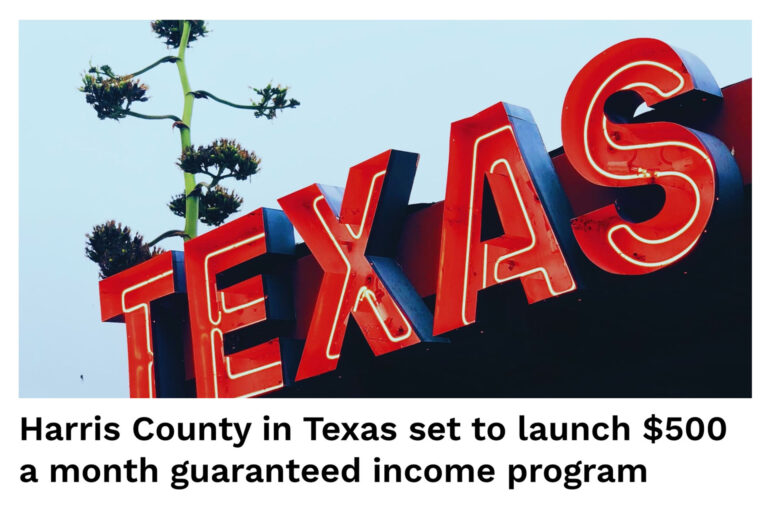Cambridge RISE (Recurring Income for Success and Empowerment)
Cambridge RISE aims to: 1) Advocate for financial stability and income equity of households in Cambridge; 2) Determine the impact on residents receiving $500 monthly payments compared to those who did not receive the funds; and 3) Contribute to the national conversation around guaranteed income as a solution to poverty.



